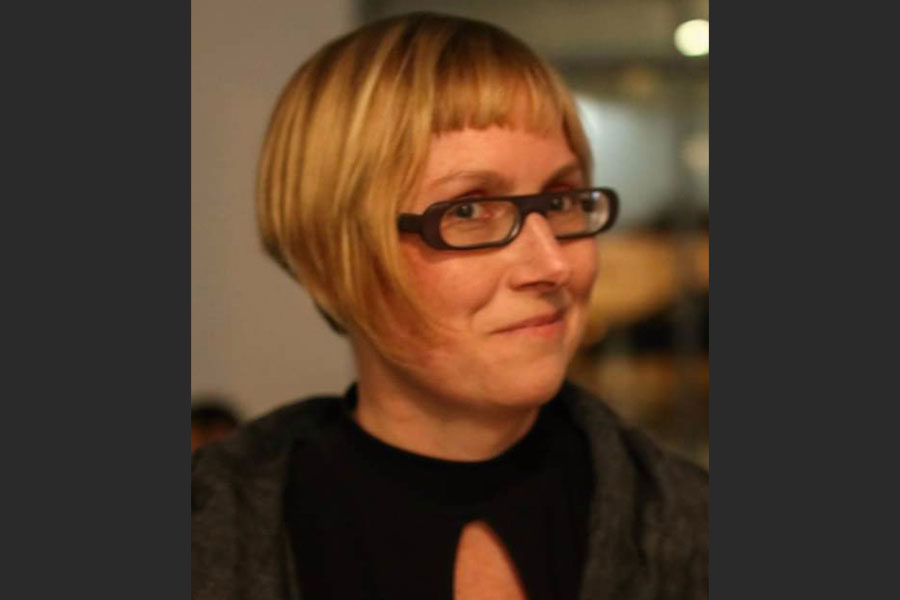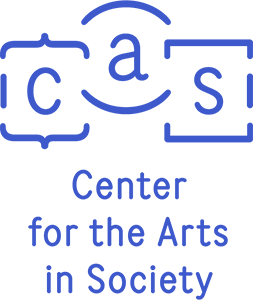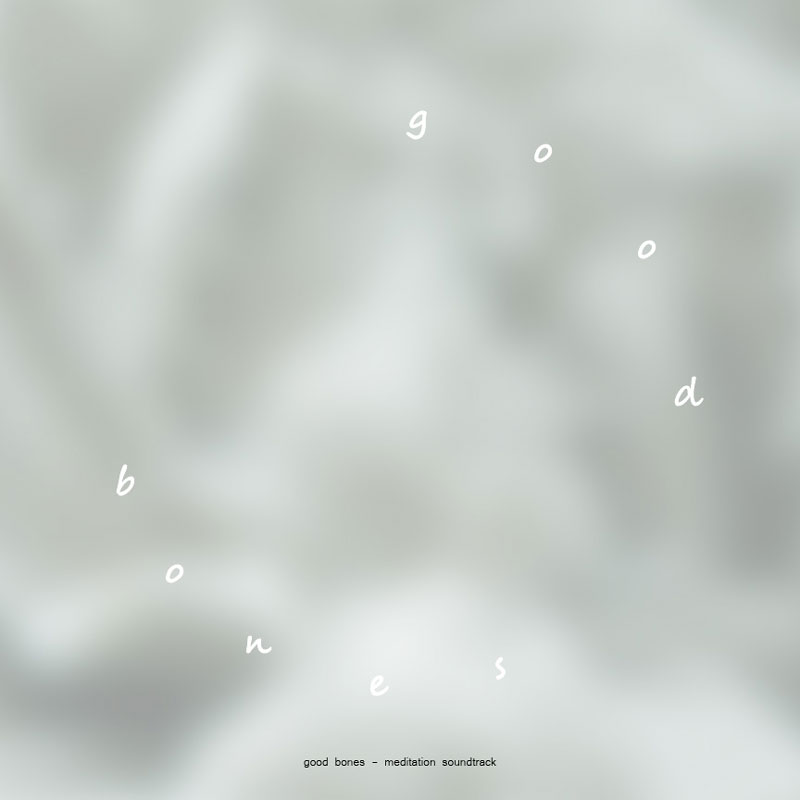
Housed Within Marrow
Heather Kelley's Curator’s Statement, May 1, 2020
Remember with me those days - just a few months ago - when we understood so little, knew almost nothing, and newly feared so much. Remember the moment when you first decided not to touch the handle of a door, when you became distrustful of the other shoppers in the grocery store; remember the last time you hugged someone, knowing it might be your last hug for a very long time, and it was. Remember when you realized your income was at risk - and remember when you found out your job was lost. Remember when we first felt a monster coming for us, when we sensed its toxic possibility in the silent sillage of every passerby.
Like many, when the terrible new reality of the pandemic took hold in my consciousness, I began to experience a strange lethargy, a clouding of my mind, a terrible weight that would come and go with no perceivable pattern. The symptoms may sound familiar. My thoughts became fuzzy, I was forgetful, and I was unable to focus on or care about things that would normally interest me. My appetite waned, and often I didn’t want to get out of bed at all. None of this felt the least bit chosen. It was simply something that began happening to my body and my brain. I knew in basic terms that this was a natural and normal trauma response, a state of situational depression. My body was trying to protect and prepare me in the only way it knew how, but this somatic shut-down was not serving me, and I could not simply think my way out of it.
In that early phase of fear, uncertainty, and fresh isolation, I sought comfort in Avery Alder’s pervasive game texts collected in her book Variations on Your Body. Alder’s solo works in this collection, especially Good Bones, developed from her own experiences of depression and community trauma. Taking place entirely within the space the player occupies, it offers the player a tangible, ritualized narrative to make meaning; an invitation to attempt transformation of a debilitating interior state into a more live-withable response. Like many crises, this pandemic has led to a new empathy for people who have lived and mapped a territory before us - in this case the unwanted state of anxiety, a sequestered life, beset by depression’s sneaky distortions.
Music is an artform which has offered balm in many challenging times. Thanks to a direct engagement with the body, proposing a ‘journey’ over a duration of time but allowing deeply personal interpretation, sound and music well support the gradual process of somatic reconnection. I reached out to Pittsburgh DJ and cultural curator Lauren Goshinski (boo lean) to conjure a sonic response to Alder’s Good Bones. Her ninety minute soundtrack is an intricate, cyclical, neverbeginning-neverending meditation, one which mobilizes curiosity as it engages the body and breath.
And here we find ourselves, at the first of May. Although the initial unknowing of Covid-19 in America has receded somewhat, giving way to clearer guidelines for community health and safety, flattening curves, and hopeful treatments, the devastating economic impacts of the shutdown have led to further precarity for many humans here, and quite notably for those working in the arts. While on one hand, our need for entertainment, storytelling, compelling rhetoric, and creative expression has been all the more obvious during the worldwide shelter-in-place, many who develop and create our cultural nourishment are struggling to survive. It’s too early to say what the long term effects of the pandemic and the recession will be on our society’s appreciation of arts and culture. Let’s remember this moment well; remember how we needed artists so much, we could feel it in our marrow.
Support PGH Artists Emergency Fund


